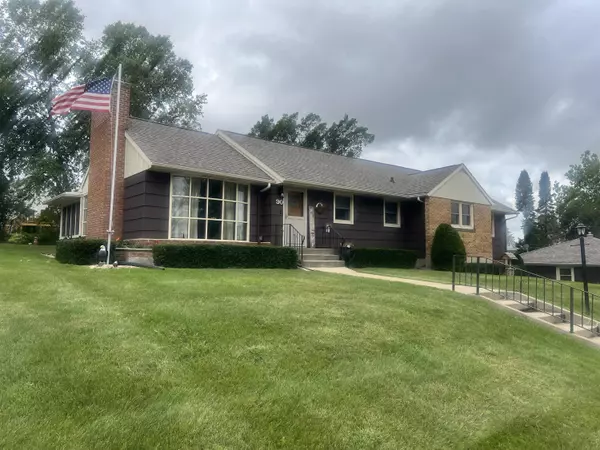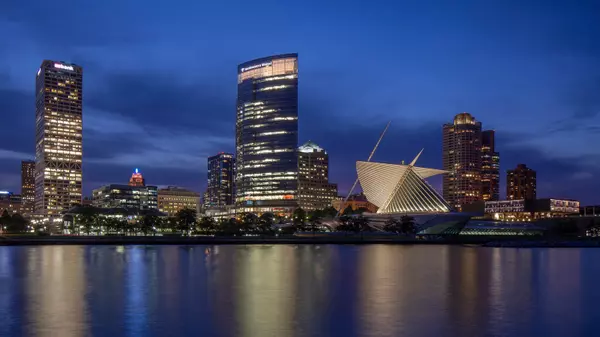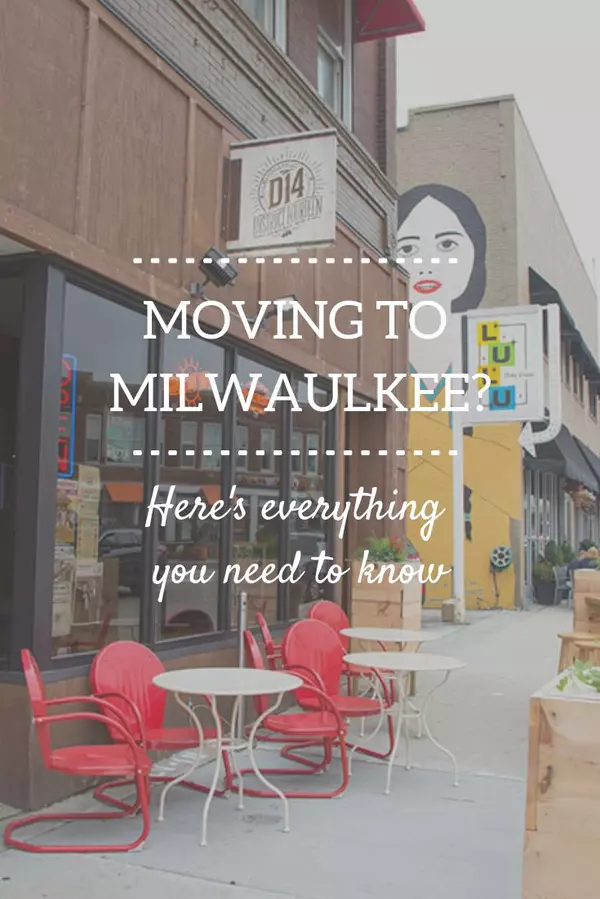Top 10 Benefits of Living in a Small City Versus a Big City
Why More People are Choosing Small Cities Over Big Cities
For decades, big cities have been seen as hubs of opportunity, excitement, and growth. However, there’s been a noticeable shift in recent years: more people are opting to live in small cities and towns. So, what’s driving this change? Let’s explore why small cities are becoming the choice for many people seeking a fulfilling and balanced lifestyle.
1. Affordability and Lower Cost of Living
Large cities come with a hefty price tag. Housing costs, utility bills, groceries, and even entertainment can drain a budget quickly. In contrast, small cities typically offer lower living costs, allowing residents to get more space for their money and enjoy a higher quality of life without breaking the bank. Homeownership, in particular, becomes more achievable, and with lower property taxes, small cities provide a strong financial advantage for families and individuals alike.
2. Closer-Knit Communities
Small cities offer a unique sense of community where people actually know their neighbors. Unlike in bustling cities where people might live in the same building for years without knowing who’s next door, small towns foster connections and a sense of belonging. Community events, local festivals, and smaller schools create environments where individuals feel more connected and engaged, creating friendships that can last a lifetime.
3. Improved Work-Life Balance
Many who move to small cities report enjoying a much better work-life balance. Smaller cities often mean shorter commutes, fewer hours in traffic, and more time to spend with family and friends. These reduced commute times also translate to less stress, allowing residents to focus on things that truly matter, like hobbies, family, and wellness.
4. Access to Nature and Outdoor Activities
Small cities are often closer to natural surroundings—whether it’s a lake, mountains, forests, or parks. Outdoor activities such as hiking, biking, fishing, and boating become a part of everyday life. In big cities, getting to these places can take hours, while in a small town, nature might be just down the street. This proximity not only enhances physical well-being but also provides mental and emotional benefits, allowing people to feel more connected to the outdoors.
5. Less Noise and Lower Crime Rates
Noise, pollution, and crime rates tend to be lower in smaller cities compared to metropolitan areas. This doesn’t just create a quieter environment but also a safer one, where people feel more secure in their homes and communities. Lower crime rates are a huge draw for families looking for a safe place to raise children and for older adults seeking peace and comfort.
6. Remote Work Opportunities Have Expanded Options
The rise of remote work has been a game-changer. With the ability to work from anywhere, many people no longer feel the need to live in large cities to access good job opportunities. Small towns provide the same professional opportunities without the added stress and expense of big-city living. Remote workers often choose smaller cities for their slower pace, natural beauty, and affordable housing.
7. A Focus on Quality of Life Over Quantity of Amenities
While big cities have plenty of amenities, many find that they don’t necessarily need everything a large metropolis offers. Small cities provide essential amenities and focus on quality over quantity—smaller restaurants with charm, locally-owned boutiques, and community-centered activities. Many people find they are more fulfilled and happy with fewer, more meaningful options that they can enjoy regularly.
8. Opportunities for Entrepreneurship and Local Influence
Small towns often welcome new businesses, especially those that add unique value to the community. Unlike large cities, where competition can be fierce and gaining visibility is challenging, small cities offer entrepreneurs the opportunity to make a real impact. Building a business in a small city can be highly rewarding, with a loyal customer base and a community that actively supports local ventures.
9. Greater Sense of Security and Stability
Small cities generally offer a slower, more stable pace of life. This stability is attractive to families looking for a safe environment to raise children, retirees seeking relaxation, and young professionals craving simplicity. Without the rapid development, crowded streets, and constant rush of large cities, residents of small cities find comfort in predictability and a steadier routine.
10. Connection to Local Culture and Heritage
Small towns often have rich histories, traditions, and cultural values that are preserved and celebrated by the community. Living in a smaller city can provide a sense of cultural connection that many big cities don’t offer. Whether it’s through local festivals, historical sites, or traditional events, residents can feel part of a legacy that spans generations.
In Conclusion: Small Cities Offer Big Advantages
While big cities have their appeal, the benefits of living in a small city are winning over more people every year. With affordable living, a strong sense of community, and a focus on quality of life, small cities provide everything people need to thrive. Whether it’s the desire for a safer environment, access to nature, or simply a better work-life balance, small cities are proving to be ideal places to build a fulfilling life. As remote work and technology continue to expand, it’s likely this trend will only grow stronger.
To learn more check out more Blogs from Educate 2 Own
Recent Posts









GET MORE INFORMATION


